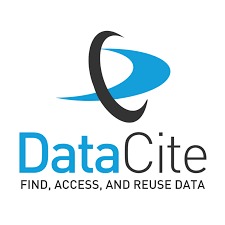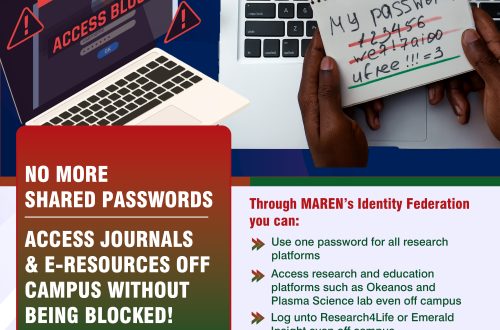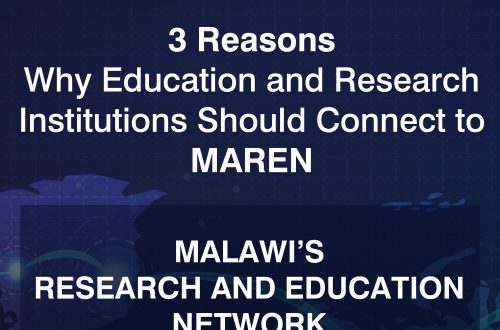
The Malawi Research and Education Network (MAREN) is delighted to announce that it has been awarded a grant by DataCite, under the Open Infrastructure Development and Integration category, made possible through the Global Access Fund (GAF). This generous support will empower MAREN to strengthen the adoption and integration of DataCite’s infrastructure and services, ultimately enriching Malawi’s research landscape.
This funding will enable MAREN to develop integrated systems leveraging DataCite’s Application Programming Interfaces (APIs) with local and national repositories. This integration will facilitate streamlined Digital Object Identifier (DOI) registration and metadata management. Furthermore, MAREN plans to create tools for metadata enrichment, visualization, and statistical analysis, thereby maximizing the value of DataCite’s infrastructure. This initiative aims to promote open science practices by empowering Malawi’s researchers and institutions to make their outputs globally discoverable and accessible.
Beyond strengthening MAREN’s internal capabilities, the project will significantly benefit research and educational institutions across Malawi. By providing access to advanced tools, MAREN will enhance these institutions’ ability to manage, share, and preserve research outputs efficiently. The initiative will streamline access to reliable research data, fostering collaboration, innovation, and more active participation in international research networks.
The broader impact includes a more robust research infrastructure for Malawi, improved collaboration with global open science networks, and the promotion of FAIR (Findable, Accessible, Interoperable, Reusable) data practices. This funding marks a transformative step in creating a more inclusive global open science community.
MAREN is deeply grateful to DataCite, the Chan Zuckerberg Initiative, and the Global Access Fund Committee for their pivotal support. This project exemplifies MAREN’s unwavering commitment to empowering Malawi’s research and education community, driving progress toward a more resilient, inclusive, and vibrant research ecosystem.
Subscribe To Our Newsletter
Get updates and learn from Us
More To Explore

Breaking the Campus Barrier: How Malawian Students and Researchers Are Accessing Knowledge Anywhere
For years, access to global academic resources in many Malawian universities came with clear limitations.

3 Reasons Why Malawi’s Education and Research Institutions Should Connect to MAREN
The Malawi Research and Education Network (MAREN) supports universities and research institutions across Malawi to
